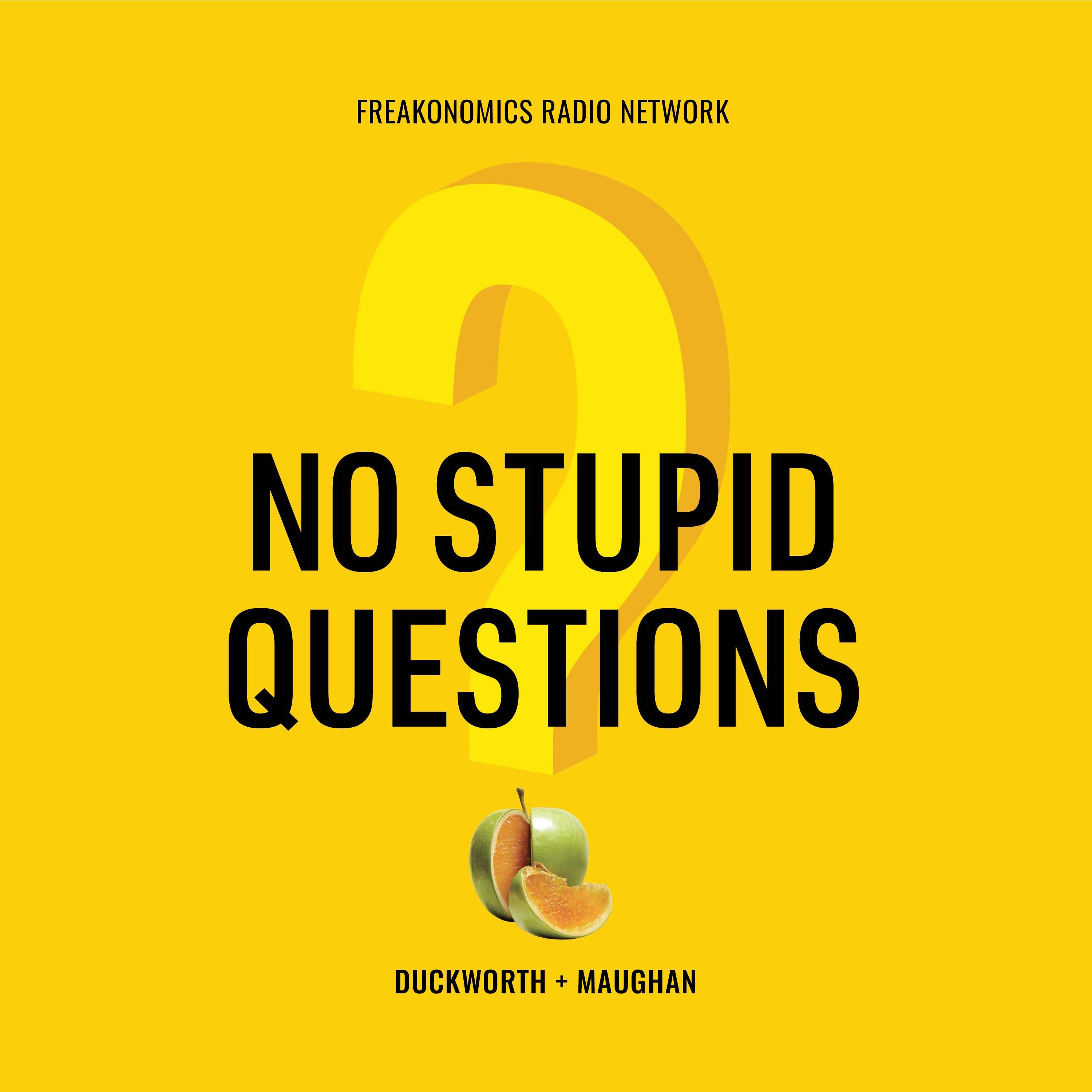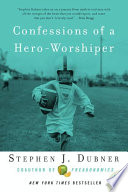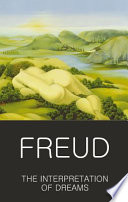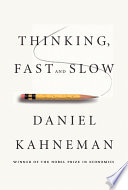📚 3 Books mentioned in "Do Dreams Actually Mean Anything? | No Stupid Questions | Episode 59" of No Stupid Questions

Podcast: No Stupid Questions
Episode: Do Dreams Actually Mean Anything? | No Stupid Questions | Episode 59
Published on January 13, 2023
Here’s a list of all the books mentioned in this episode. Click on the links to watch specific excerpts on YouTube and feel free to purchase the books if they caught your interest!

Confessions of a Hero-Worshiper
Buy Confessions of a Hero-Worshiper by Stephen J. Dubner on Amazon
And I ended up writing a book about him; it was called Confessions of a Hero Worshiper, and it was about the notion of heroes. So I got to hang out with him, talk about this notion; well, what do you make of all this, Stephen? Did we answer this question about dreams and what they're good for?
In this segment, podcast host Stephen Dubner reflects on his book, 'Confessions of a Hero Worshiper'. He describes how the book emerged from his childhood fascination with football player Franco Harris, highlighting the exploration of what it means to have heroes.

The Interpretation of Dreams
Buy The Interpretation of Dreams by Sigmund Freud on Amazon
Of course, in his classic work, The Interpretation of Dreams, which he wrote just at the dawn of the 20th century. For Freud, dreams were a matter of wish fulfillment. This is a way that we play out our unconscious impulses.
In this segment, Angela introduces Sigmund Freud's 'The Interpretation of Dreams' as a seminal work in the field of psychology, highlighting its relevance to their discussion on dream interpretation. She explains Freud's perspective that dreams represent a fulfillment of wishes and an expression of unconscious feelings.

Thinking, Fast and Slow
Buy Thinking, Fast and Slow by Daniel Kahneman on Amazon
And as you've taught us all here via Danny Kahneman, I guess we do have this appetite for coherence, right? This is one of my major take-homes from Danny Kahneman. I know everyone thinks about thinking fast and slow and judgment decision-making and biases and heuristics, but I think one of his core insights is that human beings have certain fundamental limited patience and inclinations; one of them is this need to create causal narratives and for there to be coherence, and we hate having the opposite of that, which is a sense of dissonance, things not adding up.
The podcast hosts, Angela and Stephen, discuss Daniel Kahneman's ideas about coherence and causal narratives, referring to material from his book 'Thinking, Fast and Slow'. They talk about how humans require narratives that make sense and despise contradictions.
